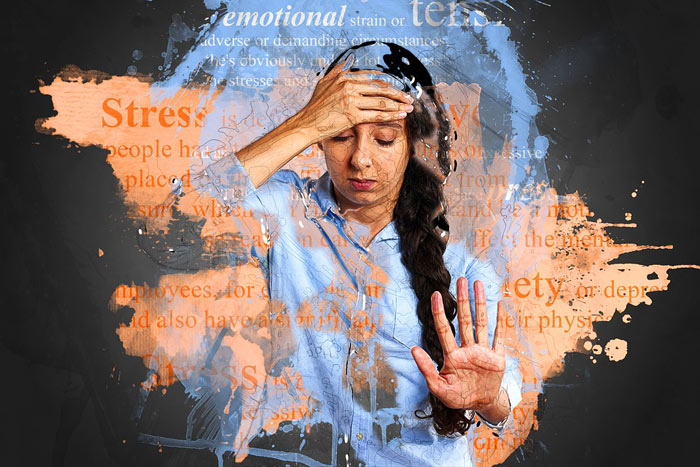How to Live a Happy Life If You Have Kids?
What does a child need to develop fully and perceive his/her life as a happy one? Children easily imitate their parents’ perception. If parents believe that they live “well”, this feeling will be passed on to the child. But what does it mean to “live well”? And what are the conditions of such a life?

When we are calm and happy, it is easy for us to understand and accept our children – no matter how they behave. But it can be different as well: our impression of the child is distorted by our unconscious expectations and unmet needs. If we lack anything, we project this deficit on our children. We begin to see their “shortcomings” and “imperfections”. This prevents the child from developing at his/her own pace.
How to learn to treat the child openly and impartially? Carefully, with interest and without suspicion? In each situation, before you start looking for an answer to the question “How is he?”, you should ask yourself: “How am I at the moment?”
The ability to take yourself into account and stay in touch with yourself is a very important parental skill. Isn’t it the manifestation of selfishness? No, this is not selfishness, this is reality. Our feelings, our mood, our thoughts are the only path to our own world with all its significant relationships.

We learn to accept what we have and we seek the middle ground because we want to live on
Being in touch with yourself and doing something useful, for example, educating a child, is the greatest art of living well. But in order to feel good, three conditions must be met.
Condition #1: We need to feel the solid ground under our feet, live in familiar and understandable circumstances and know what we can rely on in case of trouble.

It is important for us to feel capable of surviving all the hardships. The need for this experience makes us learn to look around ourselves and see the essence of things. We are compelled to take an interest in the world around us in order to experience unpleasant confusion and uncertainty less often.
To live well, we need to feel protected and deeply rooted in the world. When this does not happen, we involuntarily direct our life forces and resources to create these conditions. We learn to accept what we have and we seek the middle ground because we want to live on.
The same happens in our relationship with children. The more we know and understand our child, his/her character, physiology, dynamics of emotions, his/her hobbies and abilities, the more understandable it becomes how to behave with the kid in this or that situation. The more experience in educating children we have, the more authoritative our judgments are. Any woman may say she is not a magician, but one day she will become a grandmother.
After all, real grandmothers are an example of the first condition of a good life: they are very comfortable and firmly settled in life, unhurried and calm, they do not lose self-control easily, they know how to accept things, they are reasonable and grasp the essence of life.
Such grandmothers’ main magic words are “we are what we are”. Apparently, this is what their love says.
Condition #2. We need to experience complete feelings and impressions, filling us with forces and desires; we need to love life whatever it is, celebrate it, and not be bored.

If life provides such an opportunity, one can feel grateful; if it takes something away – one mourns the loss of values and remains alive, generates something new and preserves something good due to this spiritual work.
Our heart must be open to everything that life brings, so it is important to pay attention to intimacy and take care of our relationships. In parenting and partnership, that is, in the most important aspects of our life, feelings can become our allies and mighty secret helpers.
However, we must recognize them and understand that there are no bad feelings. You can act in a bad way, but feelings do not necessarily depend on this – they are free! Belief in your feelings turns life into a beautiful musical symphony. It sounds not only around us but also inside – we are alive because we feel.
For a good life, it is important to be able to feel joy and sadness, accepting the good things that have beautified our life, and the fact that everything comes to an end and that we have to part with the good.
Condition #3. We need to have the right to be ourselves and to see other people take us into consideration.

Resentment tells us that this important condition of a good life is violated. This feeling is always connected with other people, and we suffer from much pain when we are offended by those whom we love.
It requires firmness of character, intelligence, courage, and perseverance to live with people without allowing them to violate our borders and without sacrificing ourselves. We need to learn to do it delicately relying on patience and generosity.
Then we will calmly talk about misunderstandings, mutual expectations, and disappointments. And then we will achieve success living in society. Children need parents who, at least to some extent, have mastered this skill.
